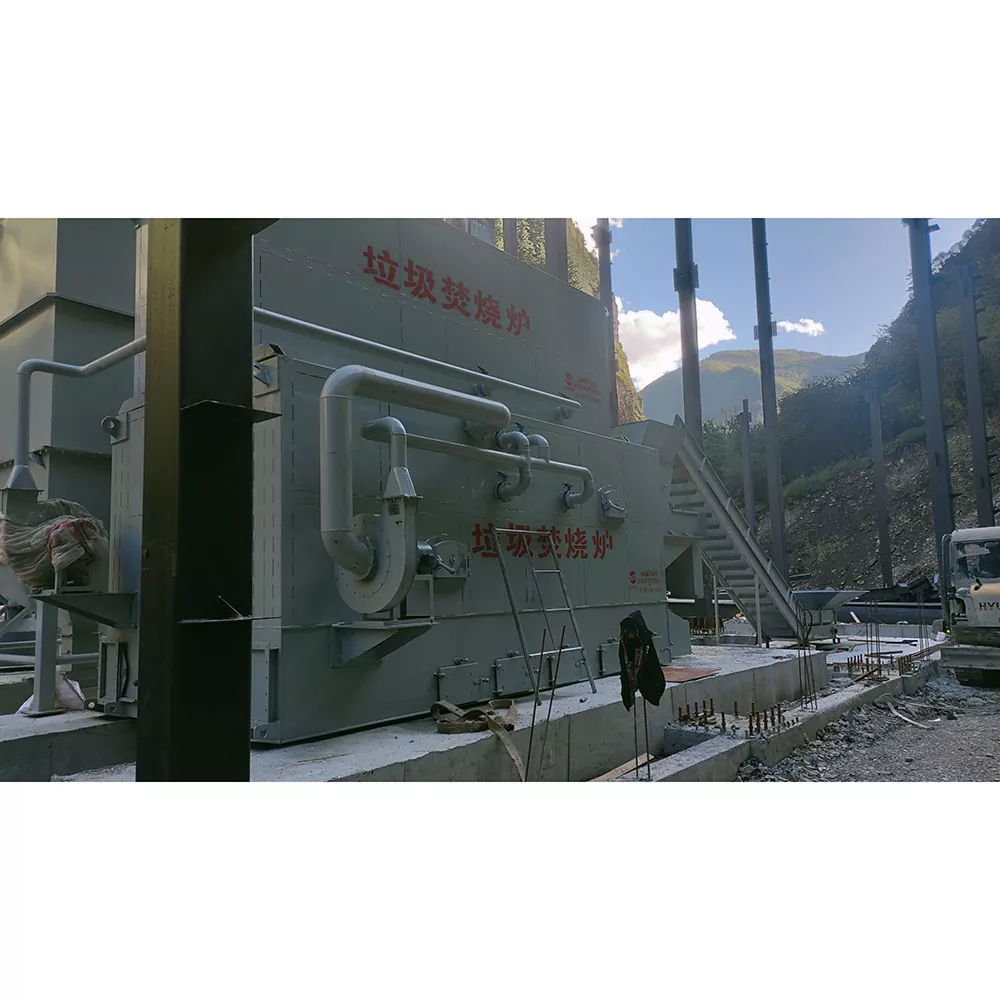A Smarter, Cleaner Future: How Mobile Waste Incinerators Are Solving Rural Waste Challenges
2025-04-22
Proper waste management remains a persistent issue for rural communities, temporary camps, and remote villages—places often underserved by centralized waste collection systems. The mobile domestic waste incinerator is changing this landscape by offering a practical, transportable solution designed for off-grid and infrastructure-limited environments.
Built for Mobility, Designed for Purpose
Unlike traditional waste disposal systems that require permanent setup and stable infrastructure, this mobile incinerator is built on a self-contained trailer. It can be quickly deployed to locations that need immediate waste management support—whether in remote villages, post-disaster recovery zones, or temporary work camps.
With a footprint of approximately 5 meters in length and a weight ranging from 3,500 to 4,500 kilograms, the system is both compact and transportable by standard towing vehicles. Once on site, minimal setup is needed before operation.
High-Temperature, Low-Impact Operation
The incinerator is engineered for high-performance combustion. The primary chamber operates between 600–850°C, while the secondary chamber reaches 950–1,100°C, ensuring complete waste breakdown and reduced emissions. These high temperatures help minimize the volume of residual ash and destroy harmful pathogens, making it especially valuable in areas lacking sanitary landfill options.
The unit’s fuel efficiency is also noteworthy, consuming approximately 8–12 liters of diesel per hour. Power is supplied by a 12V or 24V battery system or a small generator, offering operational flexibility in off-grid areas.
A Flexible Capacity Range
Whether serving a small village or a medium-sized relief camp, this mobile incinerator offers a waste processing capacity of 1 to 3 tons per day, configurable based on the site’s needs. It is particularly well-suited to communities that generate domestic waste but have no access to regular municipal services.
Sustainability in Remote Locations
For environmentally conscious organizations and governments, this system supports sustainability efforts by eliminating the need for open burning or uncontrolled dumping. The enclosed combustion process significantly reduces air pollutants and odor, contributing to cleaner air and safer communities.
By combining mobility, thermal efficiency, and low environmental impact, the mobile domestic waste incinerator presents a scalable and immediate solution to one of the most overlooked public health concerns in rural and temporary settings.



